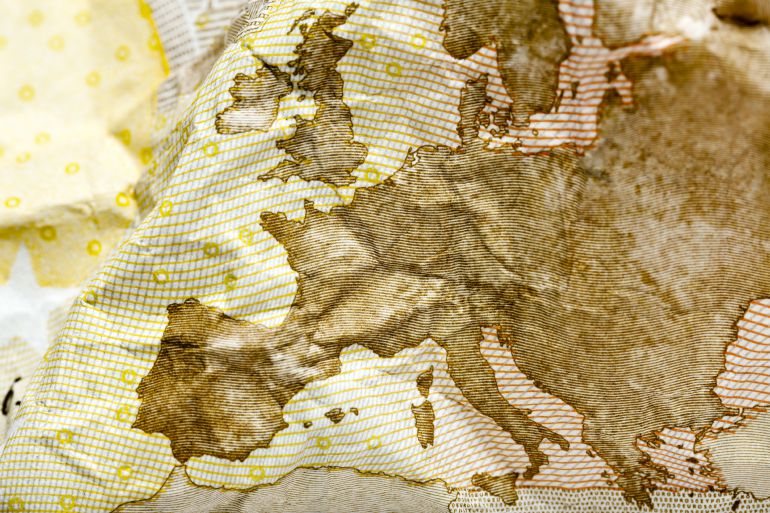
All these upheavals had already been prophetically predicted by Count Richard Coudenhove-Kalergi, founder of the Paneuropean Union, in his book “Paneuropa”. Both he and his successor, leader of the Paneuropean Movement, Archduke Otto von Habsburg, were firm defenders of a united, peaceful, democratic and free Europe, fighting against Nazism first and against communism later. Besides, they advocated the creation of the United States of Europe. Otto von Habsburg led in a special way with Christian principles and values.
The Treaty of London, which created the Council of Europe, was signed as a result of these efforts and of those made by other Europeans such as Konrad Adenauer, Alcide de Gasperi, Robert Schuman, Jean Monnet, Altiero Spinelli, Salvador de Madariaga, Paul Henri Spaak, Winston Churchill, among others, since the list would be endless. On 9 May 1950. The French Minister of Foreign Affairs Robert Schuman would publish his famous statement inviting Germany to share the production of coal and steel through the creation of the ECSC, a project joined by Belgium, the Netherlands, Luxembourg and Italy, which, along with the Euratom Treaty would culminate in the signing of the Treaty of Rome in 1957.
Thus, the then European Economic Community, which is the European Union today, was created. From then until now, despite the different economic and institutional crises of all kinds suffered by the European integration project, we can describe it as a success story. This affirmation is maintained by this fact: despite its imperfections, the European Union represents a space of democracy, peace, freedom and solidarity based on some common principles.
Since then, the European Union has been shaped through a system of competence transfer by the member States and shared sovereignties, which has been creating an almost federal and complex institutional network based on two legitimacies: the member States and the European citizens. In this regard, we must remember how, starting in 1979, the first election to the European Parliament was held and how the Maastricht Treaty, in 1992, introduced European citizenship.
Now Europe sees its security and stability threatened: both in its eastern area (because of Russia’s aggression against Ukraine) and its southern area due to unsolved conflicts such as that of Libya and to the massive arrival of migratory flows and refugees. The jihadist terrorist threat means a maximum challenge at the moment within our own borders as we have seen after the attacks in London, Madrid and, more recently, in Paris.
Facing this difficult and complex situation, the need to save Greece, and with an uncertain future for the United Kingdom’s role in the European Union, along with the fact that the economic crisis has not yet been overcome, we must admit that, if it did not exist, the European Union would have to be invented.
The answer must be firm and clear: more Europe, more democracy, more rule of Law, more freedom, and more solidarity. The answer cannot be more populism, more nationalism and more Euroscepticism, since one only gets out of the crisis with more confidence and determination.
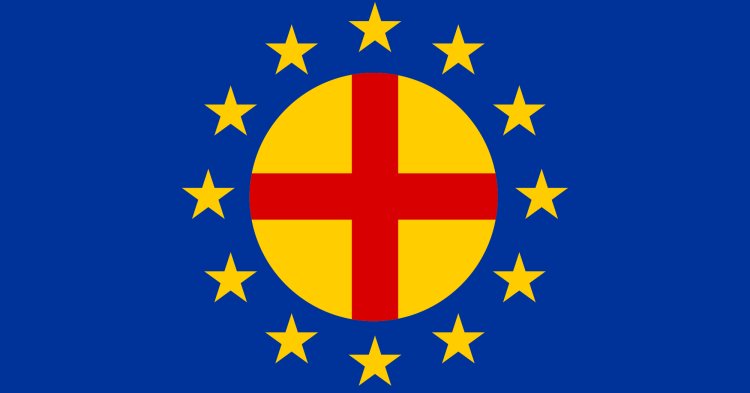
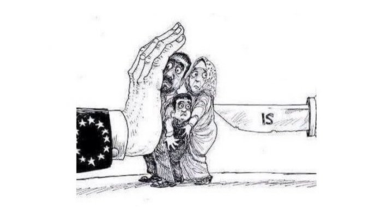
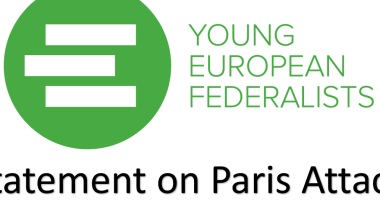
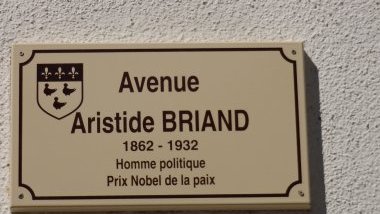
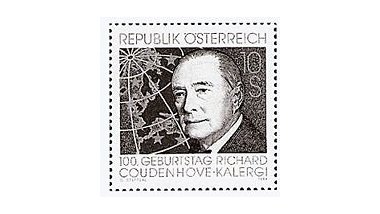
Follow the comments: |
|
